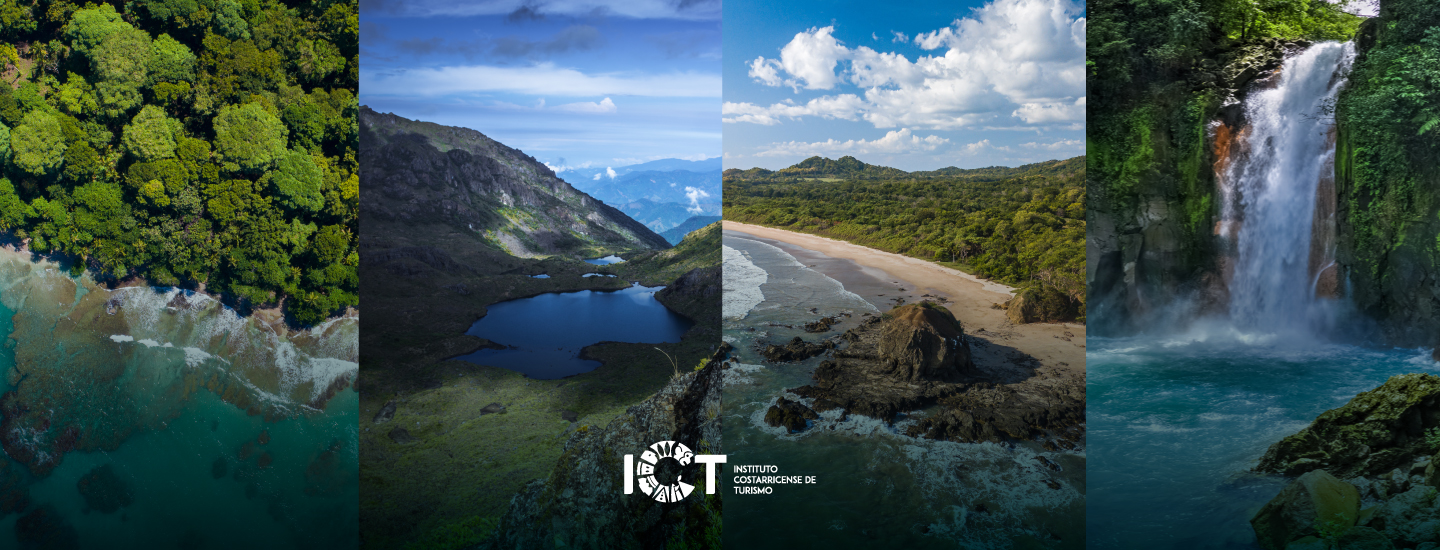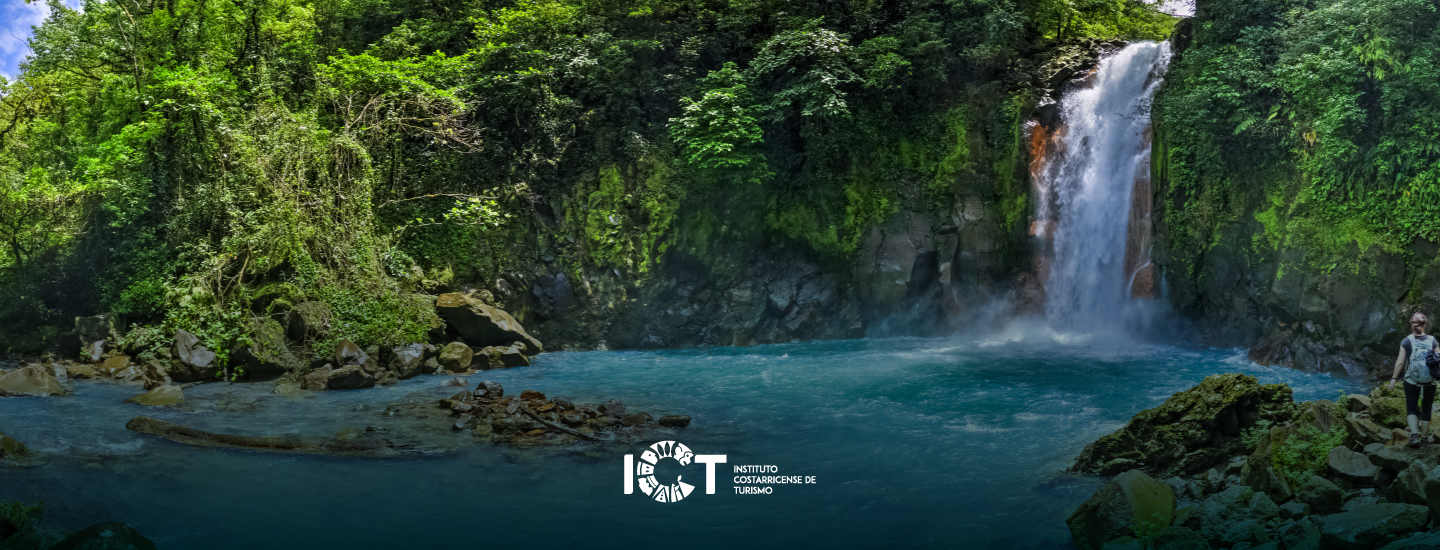Central government to grant vacation throughout Holy Week to encourage local tourism
- The Council of Government approved the request from the Minister of Tourism to help reactivate a wide range of economic areas linked to tourism in rural and coastal communities.
- Officials will have to take vacation days on Monday, March 29, Tuesday, March 30 and Wednesday, March 31, which will be deducted from their vacation time at no cost to the public treasury.
- Minister of Tourism: “We invite all Costa Rican families to engage in local tourism by visiting destinations throughout the country while fully respecting public health measures”.
March 11, 2021. The Council of Government accepted a request from the Minister of Tourism and will approve vacations for Central Government officials during Holy Week to assist with the reactivation of the tourism sector and the economic areas linked to the industry in the country’s rural and coastal communities.
“The Executive Branch will apply a collective closure and will grant vacations on March 29, 30 and 31, which will be deducted from the vacation days of civil servants to allow them to take those days off alongside the statutory holidays on Maundy Thursday and Easter Friday on April 1 and 2. The public institutions will take the required precautions so as not to affect essential public services or emergency care,” explained Silvia Lara, Minister of Labor and Social Security, who signed the directive as the minister responsible.
As a result, public-sector offices (for non-essential services) will close at the end of the day on Friday, March 26 and will reopen on Monday, April 5. Government employees will be required to take vacation days on Monday, March 29, Tuesday, March 30 and Wednesday, March 31.
The guideline has no cost to the public treasury, since vacation days will be deducted from each public servant’s pre-existing balance of vacation days.
The Minister of Tourism, Gustavo J. Segura, said: “I extend an invitation to Costa Rican families to visit Costa Rica with full respect for the preventive COVID-19 health measures, since we are still in a pandemic. We must remember to practice frequent hand washing, facial protection using masks, physical distancing and traveling in our social bubbles.”
The minister urged Costa Ricans to rediscover our country during Holy Week, to search out new destinations in all the country’s regions and new experiences at the beaches, mountains and rural communities to recharge and make the most of the natural beauty and biodiversity that Costa Rica offers.
Economic benefits
Tourism is considered one of the main engines of the national economy and one of the industries that generates the greatest direct and indirect economic benefits thanks to its linkages to with sectors including agriculture and commerce. In addition, a wide range of interconnected tourism services such as hotels and other accommodations, tour operators, restaurants, tourist transportation, certified guides and artisans, and many others help bring social progress to communities.
“The decision of the Governing Council will give relief to hundreds of families, both those who work directly in tourism as guides, drivers, waiters and cooks, receptionists and gardeners, as well as those who provide goods and services such as farmers, fishermen and ranchers in rural and coastal areas,” Segura Sancho added.
The minister also invited Costa Ricans to improve their tourism experience by hiring certified tour guides when on tours and visits to National Parks and conservation areas, as well as hiring tourist transportation, another sector that requires support.
“I respectfully call on all companies in the sector to offer differentiated and appropriate rates for domestic tourists,” said the Minister of Tourism.
The Costa Rican Tourism Board recommends purchasing from companies or services with a tourism declaration or certification for sustainable tourism (CST) with regulated operations. This will not only ensure the quality of their services, but also compliance with health protocols for tourism activities.
Those interested in further information, travel recommendations and a range of alternatives can visit the following website www.vamosaturistear.com

